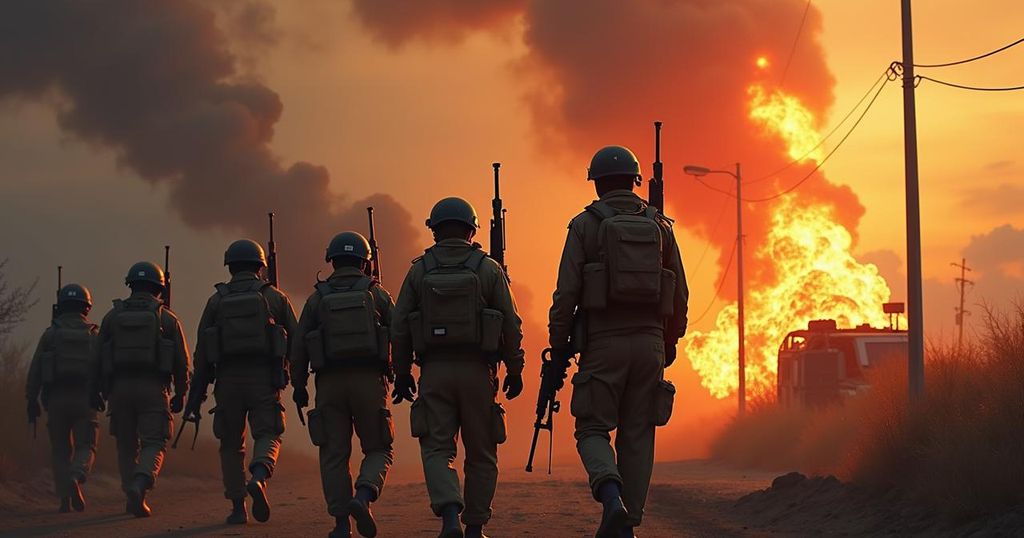The United States is pushing for elections in Lebanon to politically weaken Hezbollah, as per a report by the Wall Street Journal. Secretary of State Antony Blinken has sought support from Gulf states, but Egypt and Qatar reject the plan, deeming it “unrealistic and dangerous.” They worry that an absence of Hezbollah in the political framework would destabilize Lebanon.
The United States has new proposals aimed at politically removing Hezbollah from Lebanon through the facilitation of fresh elections. This strategy arises in the context of Israel’s recent efforts to diminish Hezbollah’s influence. However, some Arab nations, particularly Egypt and Qatar, have voiced their opposition to this initiative, labeling it as both “unrealistic and dangerous.” According to a report by the Wall Street Journal, U.S. Secretary of State Antony Blinken engaged with leaders from Qatar, Egypt, and Saudi Arabia to seek backing for the proposed elections, which Washington believes could help break the longstanding political deadlock in Lebanon. The U.S. State Department expressed a desire to eliminate Hezbollah’s grip on Lebanese politics and to remove the group’s veto power in presidential selections. While there seems to be some support from Saudi officials for the American initiative, both Egypt and Qatar remain skeptical. Their concerns stem from the belief that Israel’s campaign against Hezbollah is unlikely to succeed, and they fear that a political solution excluding the group could lead to a fragile scenario. Egypt has particularly highlighted the risks associated with international interference, suggesting that it might reignite the internal divisions rooted in Lebanon’s protracted civil war that lasted over three decades.
The backdrop of this geopolitical discussion is the complex situation in Lebanon, where Hezbollah, a powerful political party and militant group, has dominated the political landscape for years. The U.S. aims to alter this dynamic in the wake of perceived vulnerabilities within Hezbollah attributed to recent Israeli actions. However, the involvement of regional players like Egypt and Qatar adds layers of diplomatic complexity, highlighting differing perceptions regarding stability in Lebanon. Historically, Lebanon’s political landscape has been unstable, with numerous factions vying for control, making the quest for political resolution particularly challenging when external influences are applied. This intricacy underscores the trepidation some Arab nations feel towards initiatives that could destabilize the already fragile political framework.
In conclusion, the United States is pursuing a strategy to politically weaken Hezbollah by advocating for new elections in Lebanon, taking advantage of perceived weaknesses within the group. However, Egypt and Qatar have both rejected this proposition, viewing it as potentially perilous due to fears of internal discord and the fragile nature of Lebanon’s political context. As the situation evolves, the balance of support among Arab states will be pivotal in shaping the future of Lebanese politics.
Original Source: www.middleeastmonitor.com






